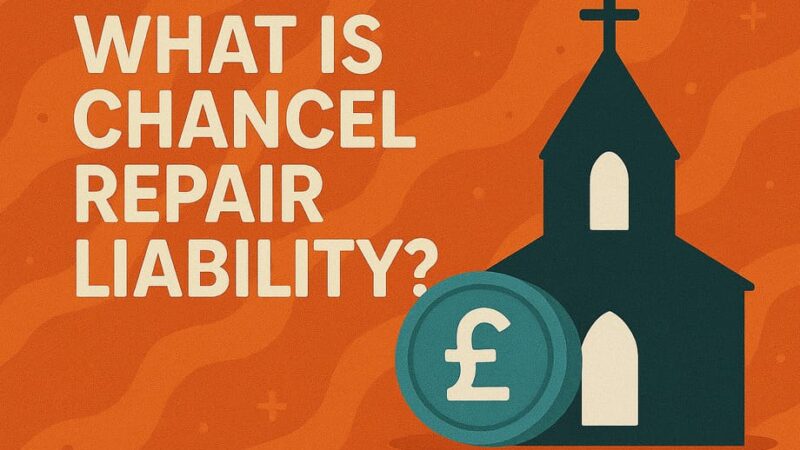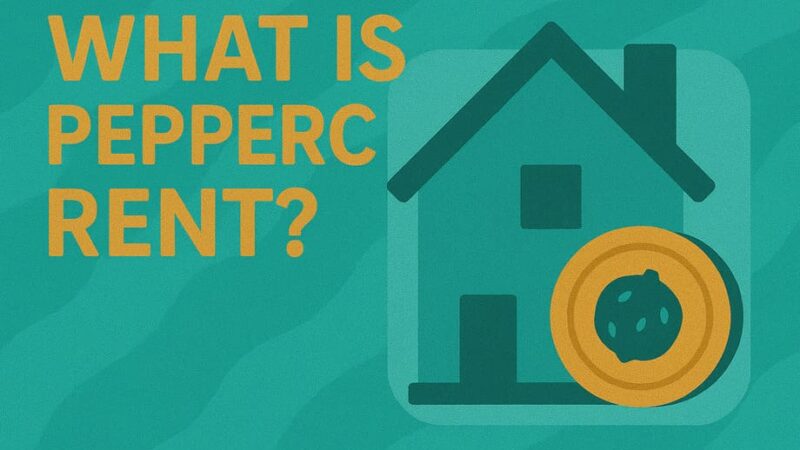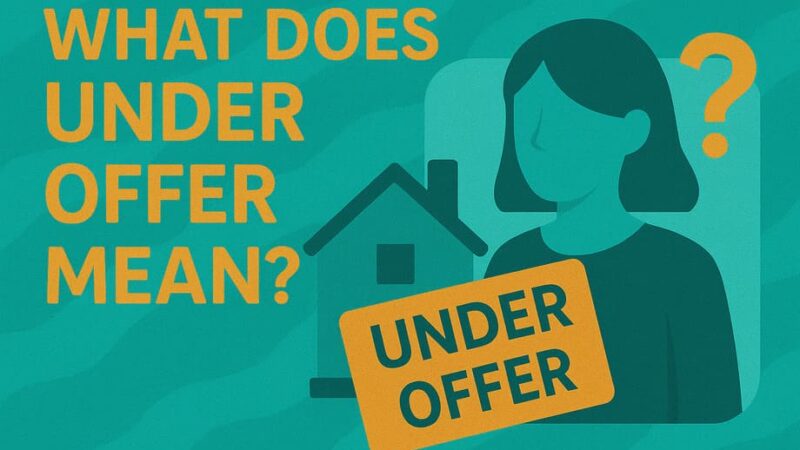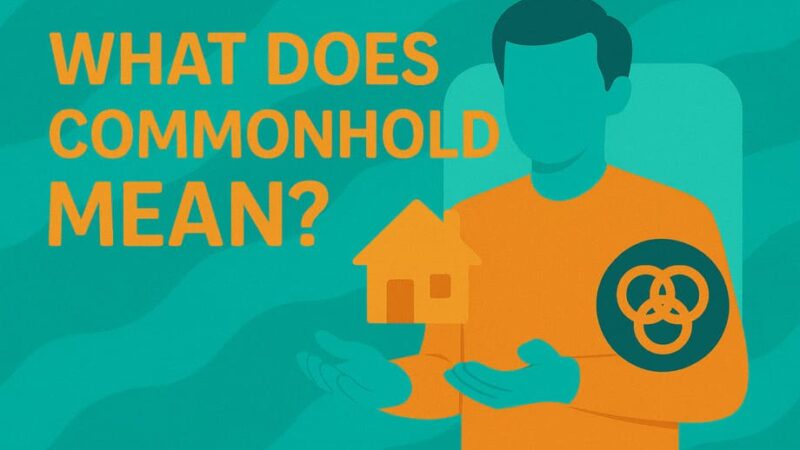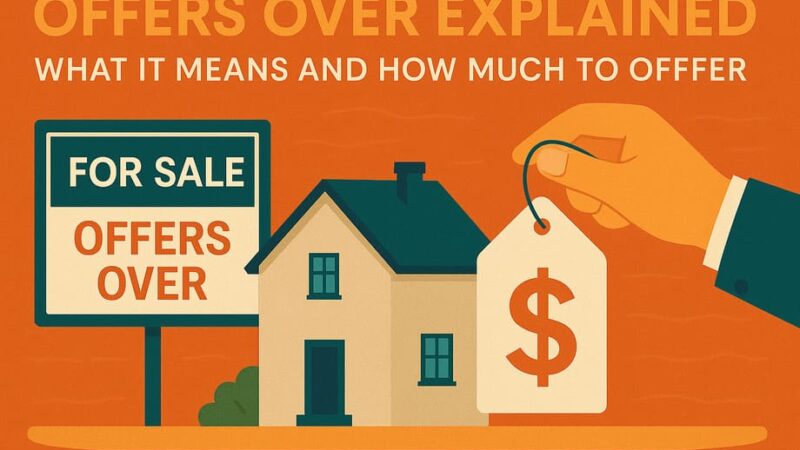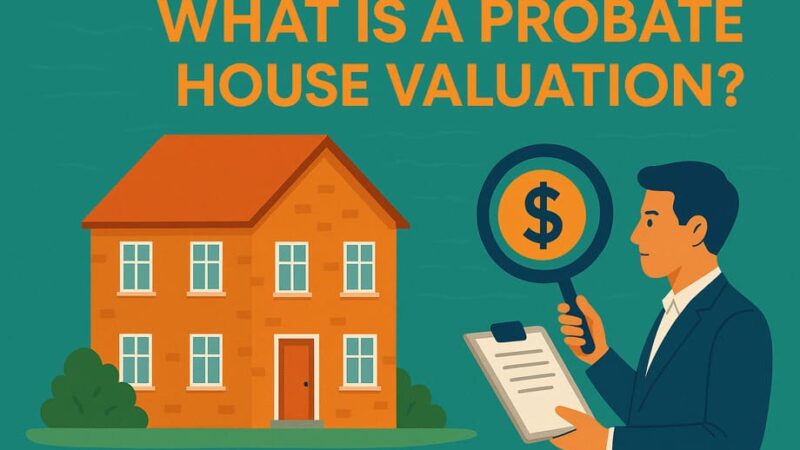What is Ground Rent?
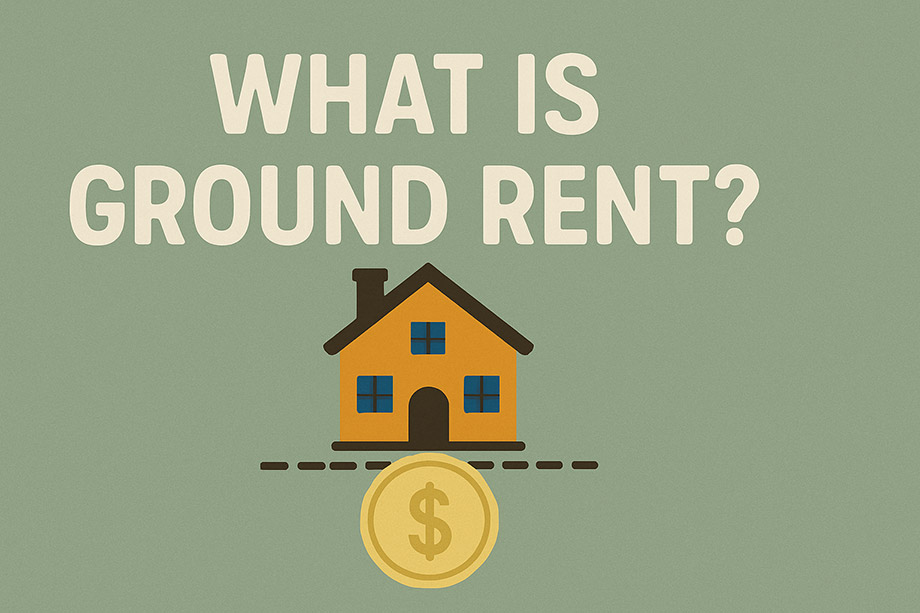
If you own a leasehold property in England and Wales, you may need to pay ground rent to your freeholder. Here’s everything you need to know about what ground rent is and how it works.
What is ground rent?
Ground rent is a payment that leaseholders make to the freeholder (landlord) of their property. It’s essentially rent for the land that your property sits on.
When you own a leasehold property, you own the building or flat but not the land underneath it. The freeholder owns the land, so you pay them ground rent for the right to use it.
How much is ground rent?
Ground rent varies significantly from property to property. There’s no set formula for calculating it.
Typical amounts include:
- £10 per year for ex-local authority flats
- £50-£100 per year for older residential properties
- £200-£500 per year for some modern developments
- £1+ per year for “peppercorn rent” properties
The amount is specified in your lease agreement, so you’ll know exactly how much you need to pay when you buy the property.
When do you pay ground rent?
Ground rent is typically paid annually, but it can also be:
- Half-yearly (every 6 months)
- Quarterly (every 3 months)
Your lease will specify exactly when payments are due.
Fixed vs escalating ground rent
Ground rent can be structured in two ways:
Fixed ground rent
- Stays the same throughout your lease
- Provides certainty about costs
- More common in older leases
Escalating ground rent
- Increases over time according to set rules
- Your lease will specify when and by how much it increases
- Example: £50/year for first 33 years, £100/year for next 33 years, £150/year for final 33 years
Do you have to pay ground rent?
You only have to pay ground rent if the freeholder formally demands it in writing.
The demand must include:
- Your name as the lessee
- The period the demand covers
- The amount you need to pay
- The freeholder’s name and address
- The due date for payment
If any of this information is missing, the demand may not be valid.
What happens if you don’t pay?
If you don’t pay ground rent after a valid demand, the freeholder can:
Take legal action
- Sue you in court to recover the debt
- Add legal costs to what you owe
Start forfeiture proceedings
- Try to regain possession of your property
- This can only happen if you owe £350+ and have been in arrears for 3+ years
Peppercorn rent explained
A “peppercorn rent” is a nominal or very low ground rent, often just £1 per year or even nothing.
Historically, freeholders would ask for an actual peppercorn as a symbolic payment. Today, it means any very small amount that satisfies the legal requirement for rent without creating a financial burden.
Recent changes to ground rent law
The Leasehold Reform (Ground Rent) Act 2022 made significant changes:
- New leases from 30 June 2022: Most new residential leases can only charge peppercorn rent (effectively £0)
- Existing leases: Still subject to their original terms
- Lease extensions: Often result in peppercorn rent being applied
This law was introduced to address problems with escalating ground rents that were making some properties difficult to sell or mortgage.
Ground rent vs service charges
It’s important not to confuse ground rent with service charges:
Ground rent:
- Payment for using the land
- Doesn’t cover any services or maintenance
- Usually a fixed annual amount
Service charges:
- Payment for building maintenance and services
- Covers things like cleaning, repairs, insurance
- Amount varies based on actual costs
How ground rent affects property value
High ground rent can impact your property in several ways:
Mortgage difficulties
- Some lenders won’t lend on properties with ground rent over £250 (£1,000 in London)
- Escalating ground rents can make mortgages harder to obtain
Selling problems
- High or escalating ground rent can put off buyers
- May reduce your property’s market value
Peppercorn rent benefits
- Properties with peppercorn rent are more attractive to buyers
- No ongoing financial burden from ground rent
How to reduce or eliminate ground rent
There are several options if you want to reduce your ground rent:
Lease extension
- Extend your lease by 90 years
- Ground rent becomes peppercorn rent
- Available after owning the property for 2+ years
- Involves paying a premium to the freeholder
Buy the freehold
- Purchase the freehold of your building
- Eliminates ground rent entirely
- Usually requires cooperation from other leaseholders
- More complex and expensive process
Collective enfranchisement
- All leaseholders in a building buy the freehold together
- Gives control over the building and eliminates ground rent
- Requires at least 50% of leaseholders to participate
Ground rent and assured tenancies
Be aware that if your ground rent exceeds certain thresholds, your lease might be classified as an assured tenancy:
- £250 per year outside London
- £1,000 per year in Greater London
This gives the freeholder stronger powers to repossess your property if you fall behind on payments.
What to do if you have high ground rent
If you’re struggling with high or escalating ground rent:
- Check your lease terms – Understand exactly what you’re committed to
- Get professional advice – Consult a property lawyer or surveyor
- Consider your options – Lease extension, freehold purchase, or selling
- Join with neighbours – Work together if you’re in a block of flats
Key takeaways
- Ground rent is payment for using the land your property sits on
- It only applies to leasehold properties
- Amounts vary widely, from £10 to £500+ per year
- New leases since June 2022 can only charge peppercorn rent
- High ground rent can affect mortgages and property values
- You can reduce ground rent through lease extension or buying the freehold
- Always get professional advice for complex ground rent issues
Getting help
If you need advice about ground rent, consider speaking to:
- A property solicitor specialising in leasehold law
- A chartered surveyor with leasehold experience
- Your local Citizens Advice Bureau for initial guidance
Understanding your ground rent obligations is crucial for managing the costs of leasehold ownership and making informed decisions about your property.
Last Updated on July 31, 2025 by James Cartwright


